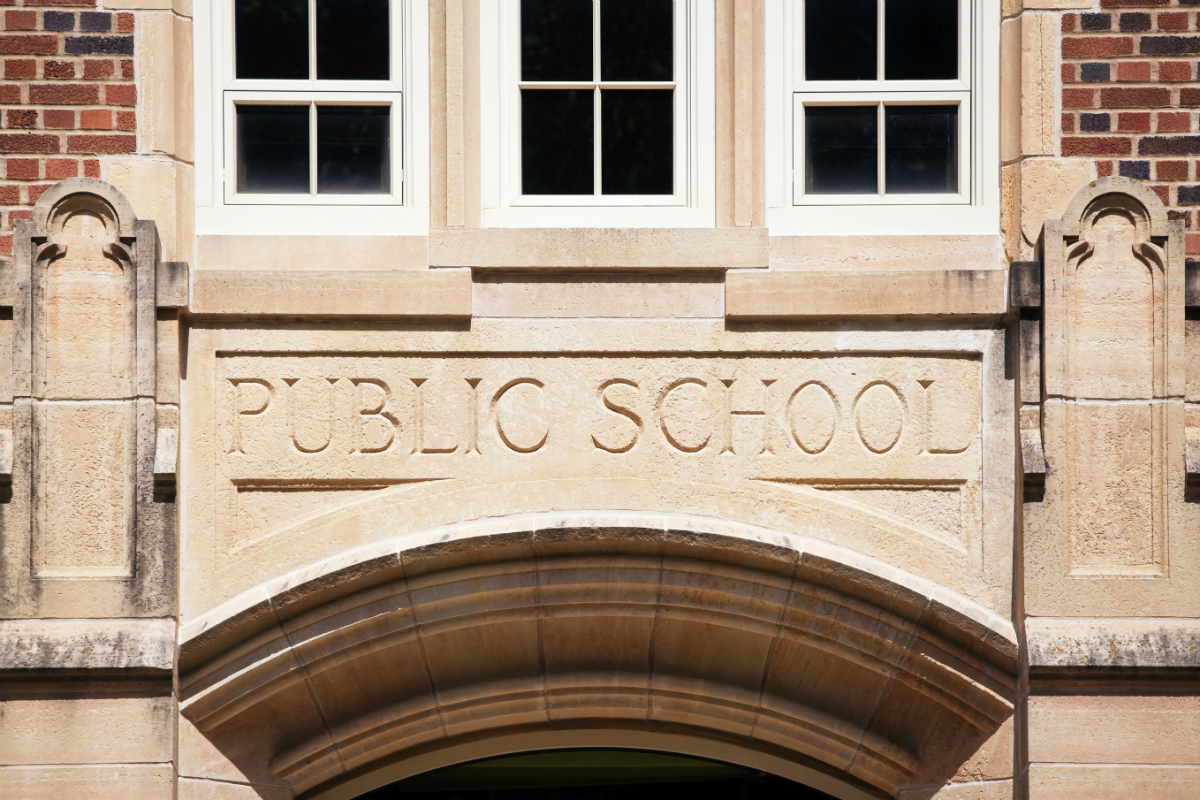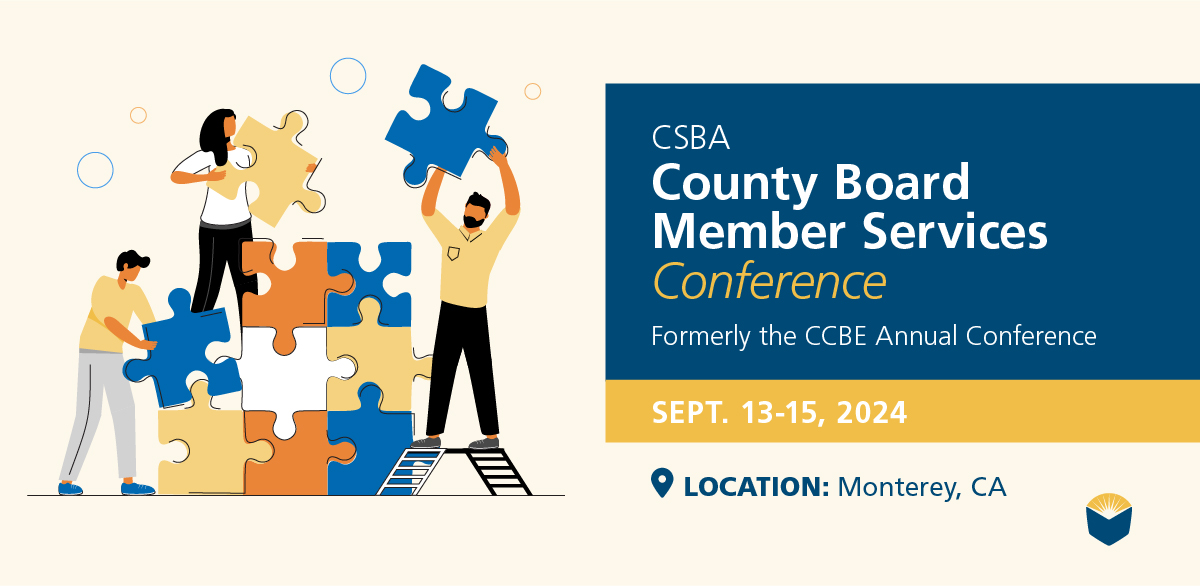While Americans still view traditional academic coursework as valuable, not everyone agrees that academic preparation should be the only priority of public schools, according to the 2017 Phi Delta Kappan (PDK) Poll of the Public’s Attitudes Toward the Public Schools.
Eighty-two percent of the adults surveyed believe that coursework related to job or career skills is important enough to merit spending less time in academic classes. The poll also found that 82 percent of the respondents want schools to focus on teaching students interpersonal skills such as cooperation, persistence and practicing respect towards others. Of the public school parents surveyed, only 47 percent think their child will enroll in a four-year college full time after high school.
Now in its 49th year, the annual PDK poll was conducted nationwide among 1,588 adults interviewed via phone in English or Spanish throughout May 2017, providing education officials with a sense of how parents and community members feel about public schools. From measuring school quality to college readiness, the questions asked covered a variety of education issues.
In particular, the poll uncovered some disconnect between what the general public values and the focus of current education policy debates. For instance, the study recorded a lack of public support for voucher systems that use public funds to help children attend private schools. Respondents also expressed a lukewarm level of support for standardized testing — only 13 percent called test scores “extremely important.”
One specific finding was especially interesting to the pollsters: one in seven adults, or 15 percent, gave their local schools an “A” rating, a statistic that was at 9 percent a decade ago. In the almost 50-year history of this poll, this figure has only ever been higher once, in 1974. Almost half of the respondents rated their local public schools with an “A” or “B” grade, an average that has held true since 1999.
Here are a few more highlights from the report’s findings:
- 82 percent of respondents want their local schools to offer certificate or licensing programs that will help students gain employment after graduation.
- Of all the public school parents interviewed, nearly half thought standardized tests do not measure elements that are personally important to them.
- 55 percent said having racially and ethnically diverse public schools was “very important” or “extremely important.”
- Eight in 10 respondents thought technology and engineering classes were “extremely important” or “very important.”
- A little over three-quarters of Americans think advanced academic classes are “highly important” indicators of school quality. Almost the same amount think it is “extremely important” or “very important” for schools to provide extracurricular activities and art and music classes.
- 92 percent want schools to provide after-school programs, and 87 percent want schools to provide mental health services.
- When asked to name the biggest problem facing local schools, 22 percent saw lack of funding as their schools’ worst issue.
To read more about the poll, visit pdkpoll.org/results.





